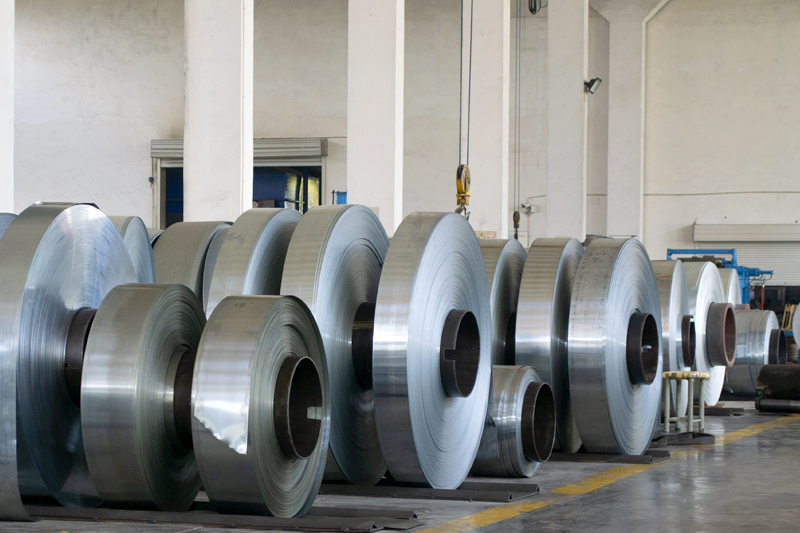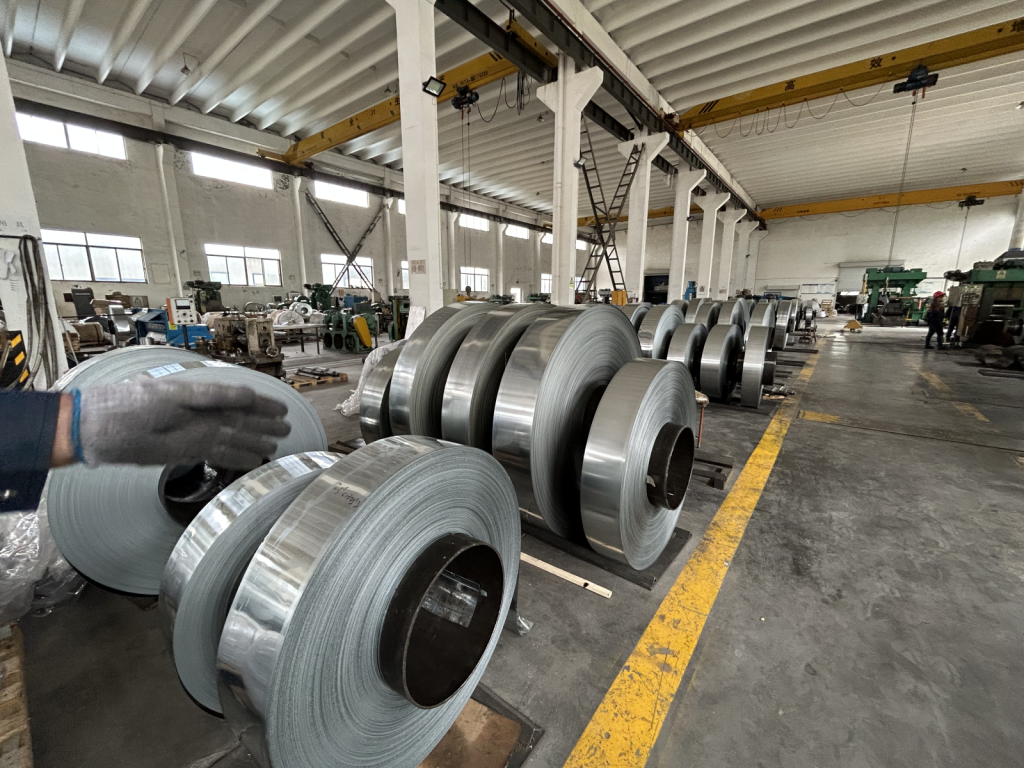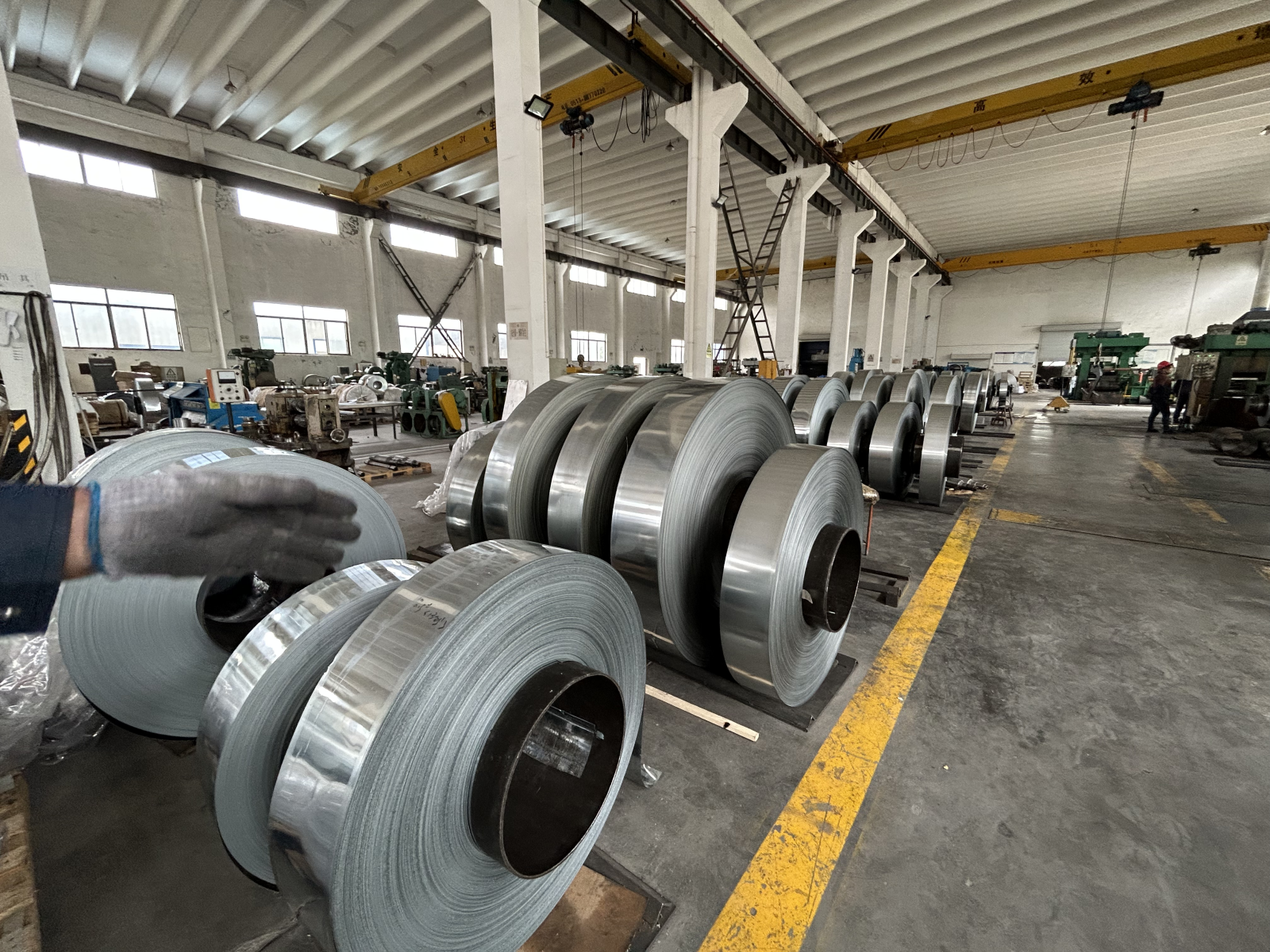Zinc is a common metal alloy used in various applications. However, there are differences between zinc metals, including pure zinc and zinc alloys. In this article, we’ll explore the differences between pure zinc and zinc alloys, their characteristics and properties, and their common uses in industrial applications.
Differences 1#: Composition and Properties of Pure Zinc

Pure zinc is an elemental metal with a crystalline structure similar to aluminum, copper, and other nonferrous metals. It has a bluish-white color and is relatively soft compared to other metals. Pure zinc is not used in its pure form in industrial applications but is instead used in a range of alloys.
Pure zinc has several properties that make it an attractive material for various applications. Zinc has excellent corrosion resistance, especially in water and moist environments, making it a popular material for galvanizing steel to prevent rusting. It also has good electrical conductivity, making it an ideal material for battery casings and electrical components.
Differences 2#: Composition and Properties of Zinc Alloys
Zinc alloys are combinations of zinc with other metals, such as aluminum, copper, magnesium, and titanium. Zinc alloys are popular metals for use in casting due to their good strength-to-weight ratios and low melting points, making them relatively easy to mold and form.
Different types of zinc alloys have different properties depending on the metals used in their composition. For example, zinc-aluminum alloys are known for their high strength and excellent wear resistance, making them ideal for die-casting and other industrial applications requiring high mechanical strength. Zinc-copper alloys, on the other hand, are more malleable and ductile, making them easier to shape and form.
Other key properties of zinc alloys include good corrosion resistance, thermal conductivity, and electrical conductivity, making them suitable for a range of applications in various industries, including automotive, construction, and electrical industries.
Differences 3#: Comparing Pure Zinc and Zinc Alloys

The primary difference between pure zinc and zinc alloys is their composition. Pure zinc is an elemental metal, while zinc alloys are combinations of zinc with other metals. Zinc alloys have different properties and characteristics depending on the metals used in their composition, making them suitable for different applications.
Pure zinc is commonly used in galvanizing steel to prevent rusting, as it has excellent corrosion resistance. Zinc alloys, on the other hand, are used in various applications, including in the automotive and construction industries for die-casting and forming parts.
Zinc alloys are typically stronger than pure zinc due to the addition of other metals in their composition, making them ideal for use in mechanical applications. However, pure zinc has good electrical conductivity, making it an excellent choice for electrical components.
Another crucial difference between pure zinc and zinc alloys is their appearance. Pure zinc has a bluish-white color, while zinc alloys have a range of colors and textures depending on the metals used in their composition.
Conclusion
In conclusion, zinc alloys and pure zinc have different properties and characteristics that make them suitable for various applications. Zinc alloys are combinations of zinc with other metals and are typically stronger and more durable than pure zinc. They have different properties depending on the metals used in their composition and are ideal for use in mechanical applications. Pure zinc, on the other hand, has excellent corrosion resistance and is commonly used for galvanizing steel to prevent rusting. It also has good electrical conductivity and is used in various electrical components. The differences between pure zinc and zinc alloys should be considered carefully when selecting the appropriate material for a particular application.
